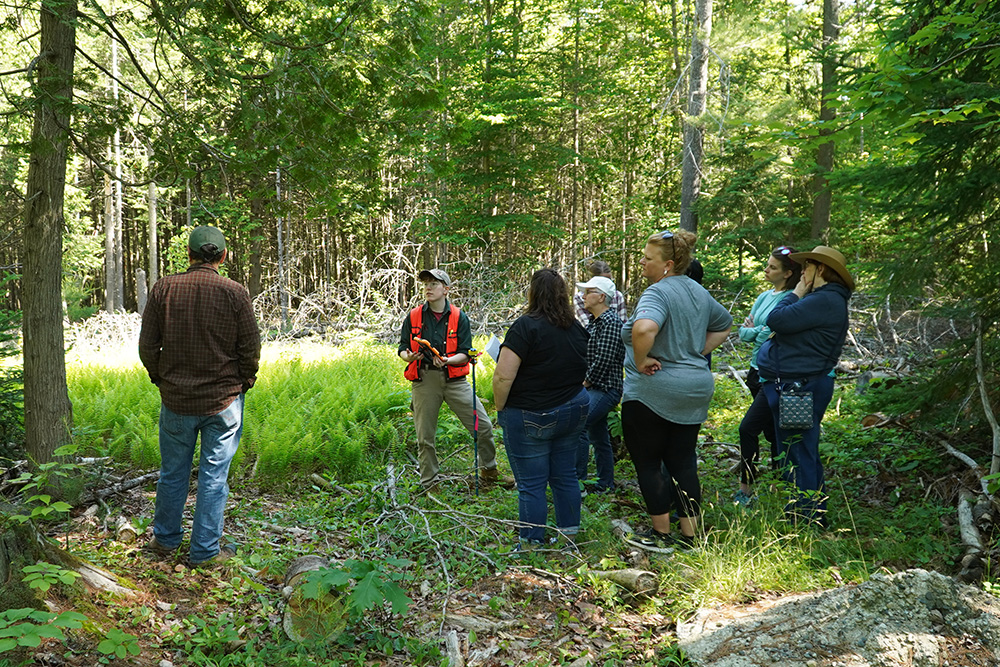The U.S.National Science Foundation has awarded $7 million to the University of Maine and several partner organizations, including MMSA, for a four-year project called Maine-FOREST (Forest-based Opportunities for Resilient Economy, Sustainability, and Technology).
The project broadly aims to foster a diversified, climate-smart forest ecosystem, communities, and economy. Specifically, Maine-FOREST focuses on the following areas:
- Environmental artificial intelligence and informatics
- Wood-derived alternatives to plastic, concrete and more, called cellulosic nanofiber bioproducts (CNF)
- Rural and tribal resilience
- Economically diverse rural development.
MMSA will primarily be supporting the rural and tribal resilience and smart rural development themes. “Through Maine-FOREST, MMSA will partner with Maine TREE and Rural Aspirations to expand interdisciplinary leadership, place-based learning and entrepreneurial opportunities for rural schools. We are honored to be a part of this collaboration and highlight the critical skill of co-designing evaluations of educational project outcomes in environmental education,” said Ruth Kermish-Allen, executive director of MMSA and a principal investigator of the project.
“Investments through Maine-FOREST will double the size of the Maine TREE Forest Ecology Research Network and help Rural Aspirations disseminate its stability model, an inside-out design process where teachers, administrators and select community representatives co-design school and community systems that incorporate social and economic development challenges into learning experiences. MMSA will help our partners evaluate the impact of their educational programs, ultimately improving the learning experience in 15 K-12 schools for 200 educators and nearly 2,000 students,” Kemish-Allen noted.
Read more in coverage from the Sun Journal.






